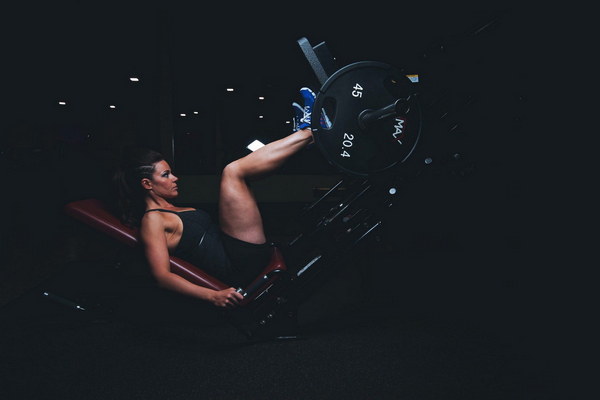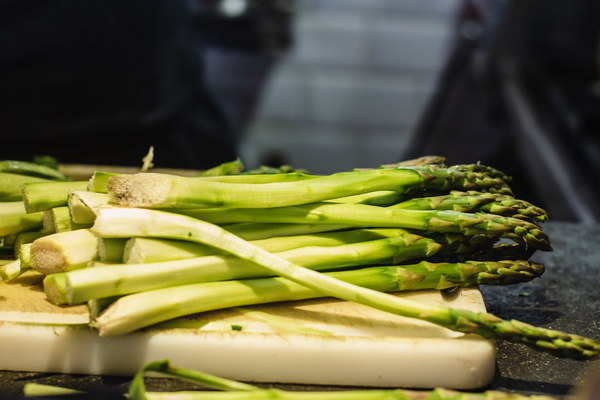The Ultimate Guide to Choosing the Best Medication for Dampness Removal
Introduction:
Dampness, or damp-heat in traditional Chinese medicine, is a common condition characterized by symptoms such as fatigue, body aches, and poor digestion. To alleviate these symptoms, many people turn to medication. But with so many options available, it can be challenging to determine which medication is the best for dampness removal. In this article, we will explore various medications that can help alleviate dampness and provide you with a comprehensive guide to choosing the right one for your needs.
1. Overview of Dampness and its Symptoms
Dampness is a condition where excess moisture accumulates in the body, leading to various health issues. Common symptoms include:
- Fatigue and weakness

- Body aches and joint pain
- Poor digestion and bloating
- Excessive sweating
- Pruritus (itching)
- Swelling
2. Medications for Dampness Removal
There are several types of medications available for dampness removal, including herbal remedies, over-the-counter (OTC) drugs, and prescription medications. Let's explore each category:
a. Herbal Remedies
Herbal remedies are widely used in traditional Chinese medicine to treat dampness. Here are some popular herbal formulas:
1. Fu Ling (Poria): Known for its diuretic properties, Fu Ling helps eliminate dampness and relieve symptoms such as body aches and fatigue.
2. Huang Qi (Astragalus): This herb boosts the immune system, improves energy levels, and helps expel dampness.
3. Bai Zi Ren (Biota Seeds): These seeds are effective in treating dampness-related digestive issues, such as bloating and constipation.
4. Huang Lian (Coptis Chinensis): This herb has anti-inflammatory properties and helps alleviate damp-heat symptoms, like itching and redness.
b. Over-the-Counter (OTC) Drugs
OTC medications can help alleviate some symptoms of dampness, such as bloating and indigestion. Here are a few options:
1. Digestive Enzymes: These supplements aid in breaking down food and reducing bloating and gas.
2. Probiotics: Probiotics help maintain a healthy gut flora, which can improve digestion and reduce dampness-related symptoms.
3. Diuretics: Diuretics help remove excess fluid from the body, which may alleviate swelling and reduce dampness.
c. Prescription Medications
In some cases, prescription medications may be necessary to treat dampness-related conditions. These include:
1. Antibiotics: For dampness caused by infections, such as urinary tract infections or skin infections.
2. Antifungal medications: For dampness caused by fungal infections, like athlete's foot or candidiasis.
3. Immunosuppressants: For dampness-related autoimmune disorders, like rheumatoid arthritis or lupus.
3. Choosing the Right Medication
To determine the best medication for dampness removal, consider the following factors:
a. Severity of symptoms: If your symptoms are mild, herbal remedies and OTC drugs may suffice. For severe symptoms, prescription medications may be necessary.
b. Underlying conditions: If you have an underlying condition, such as an infection or autoimmune disorder, consult with a healthcare professional to determine the appropriate treatment.
c. Personal preferences: Some people may prefer natural remedies, while others may prefer OTC or prescription medications. Choose the option that aligns with your preferences and lifestyle.
Conclusion:
Dampness can be a challenging condition to treat, but with the right medication, you can alleviate symptoms and improve your quality of life. By understanding the various medications available for dampness removal and considering your specific needs, you can make an informed decision and choose the best option for you. Remember to consult with a healthcare professional before starting any new medication to ensure safety and efficacy.









